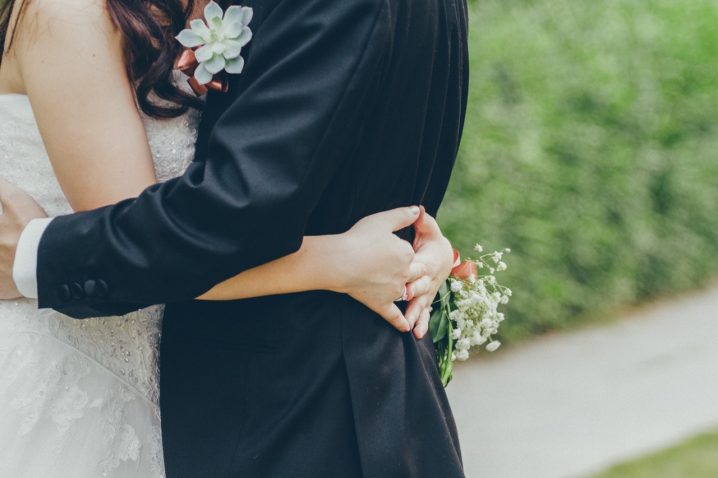Many hobby photographers want to take the leap to become a professional photographer. One of the most popular ways to do that is to get into wedding photography. Brides and grooms will always be in need of great wedding photography, and it’s also one of the highest-paying jobs a new professional can get.
That doesn’t mean it’s easy.
Wedding photography may sound fun on the surface, but before you take the plunge, you have to think very carefully about exactly what being a wedding photographer entails.

There’s a Lot of Editing to Do
As a photographer, you enjoy spending time behind the camera. That’s why wedding photography can be so alluring. You will literally spend hours taking snaps of the bride, groom, and their guests.
However, your job isn’t done as soon as those pictures are taken. You have to edit them all.
First, that means making sure you have the right programs and equipment. You’ll undoubtedly need to pay for quality editing software, but it also means searching for the best monitors for photographers, computer equipment, and more so your photos look their best.
Becoming a wedding photographer means spending a lot of time editing on the computer, and it means spending a good chunk of money to make sure you have everything you need to edit well.
It’s Feast or Famine
One of the benefits of a traditional job is the fact that it is consistent and predictable. You know when you’re getting a paycheck, you know it’s going to show up on time, and you know exactly how much you’re getting paid. That’s not the case when it comes to wedding photography.
Although people get married all year round, there are popular and unpopular months to get married. You can expect to be extremely busy from the late spring to the early fall, with very little work in between. That can be frustrating and downright scary if you aren’t prepared to weather the off-season.
Working Nights and Weekends
Love working Monday through Friday and getting home by 6:00pm? Wedding photography definitely isn’t for you.
Brides and grooms overwhelmingly choose Saturdays to get married. Fridays and Sundays are also relatively popular, with the rest of the week being extremely uncommon. That means you can expect your weekends to be completely booked for half of the year.
Working the weekends comes with plenty of pros, but there are plenty of cons too. It’s up to you to decide if working every weekend through the late spring, summer, and early fall is something you can handle.
Dealing with Bridezillas (And Groomzillas)
There’s nothing like wedding photography. You get to be a part of the best day of people’s lives, but the best often comes with the worst, and as a photographer, you’ll get to see plenty of the worst.
You have to be a skilled photographer to make it in the wedding photography industry, but you also have to be really good with people. That’s because you can expect to deal with bridezillas, groomzillas, momzillas… You name it!
Skills you will have to learn when dealing with a bridezilla include:
- Empathy and sympathy: Understanding where a bride is coming from, or why her behavior is so extreme, is the first step to working through it.
- Anticipation: Part of working with a couple means knowing what you can expect. Learning how to ask the right questions to get to know each couple before their big day is an important part of wedding photography.
- Friendliness: Many brides, grooms, wedding party members, and family members may be rigid in front of the camera. Learning how to communicate friendliness is essential to making subjects feel at ease.
Staying True to Your Style
Just like any type of photography, wedding photography can be executed in many different styles. The trouble is, the wedding industry is inundated with standard shots of bridal jewelry, first looks, and jumping bridal parties.
It’s easy to be swayed by what’s popular, especially if that’s what a bride asks for. However, if you want to make it as a wedding photographer in the long-term, you have to develop your own style and stick to it. That means you have to make sure would-be clients are very clear about your personal style, which includes providing them with plenty of examples, and you have to interview them well to ensure they’re a good fit for your services.
Whether you want to be a part-time or a full-time wedding photographer, you have to know what you’re getting into. With these tips, you can make sure you’re making the right decision.



